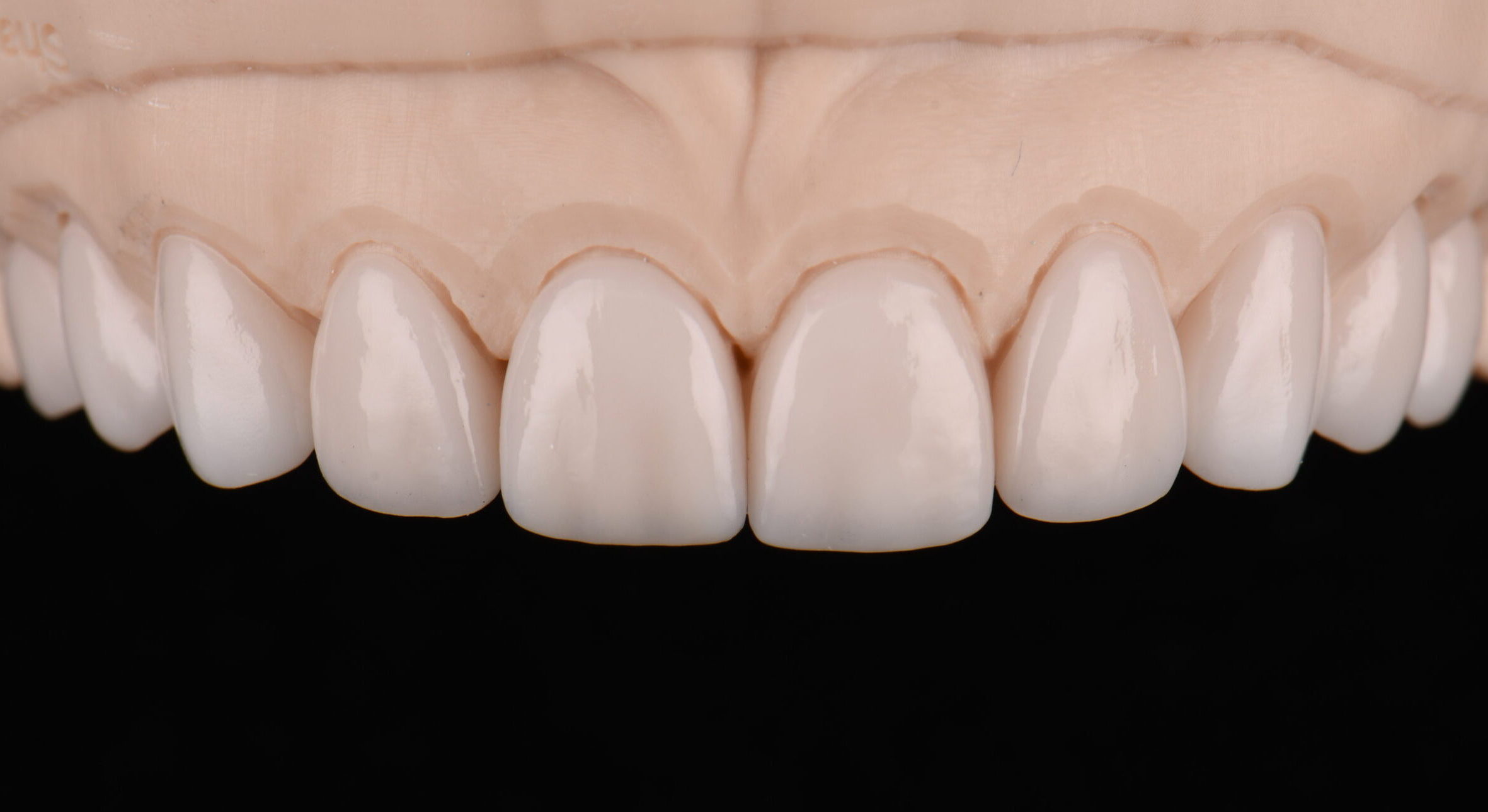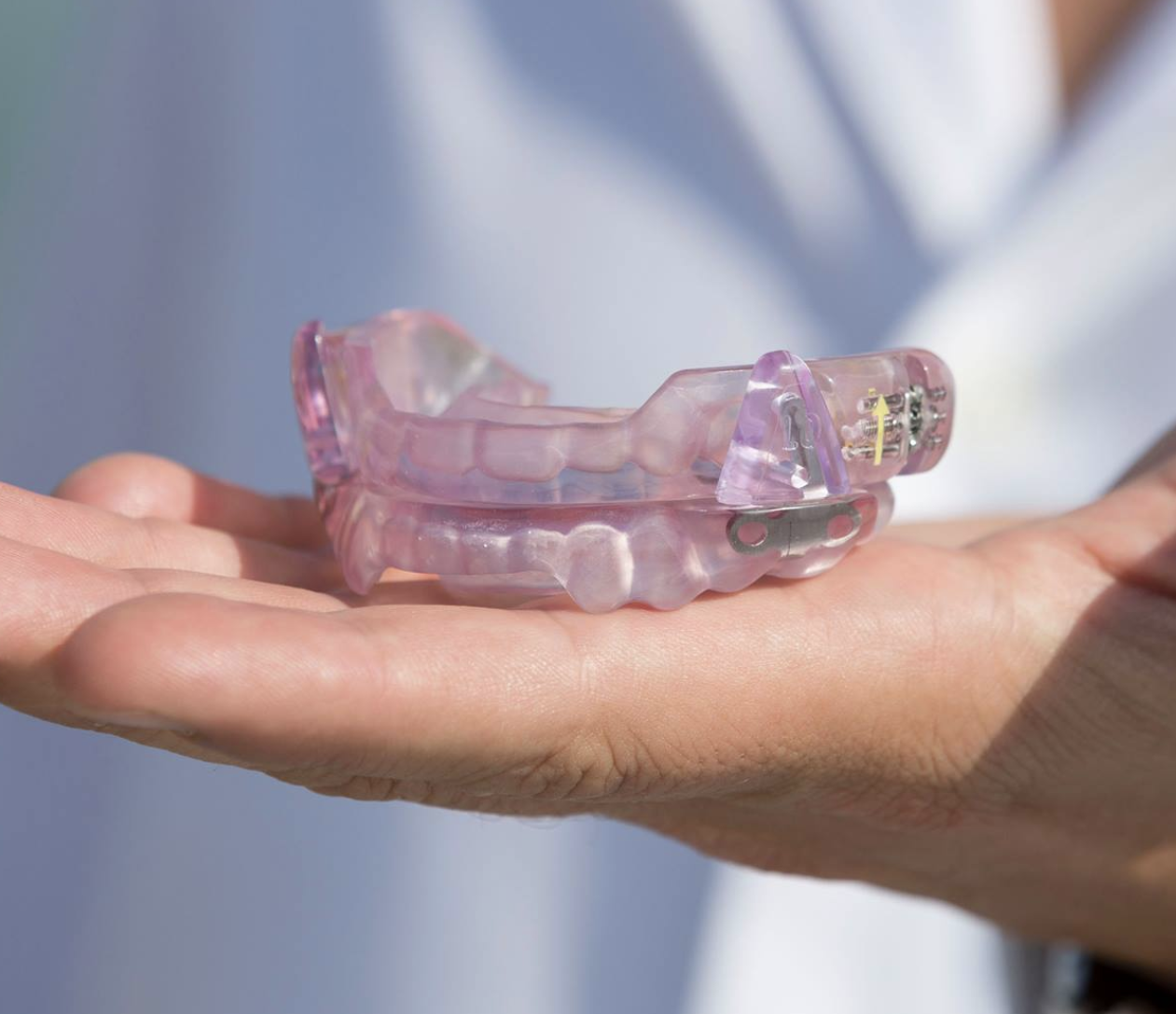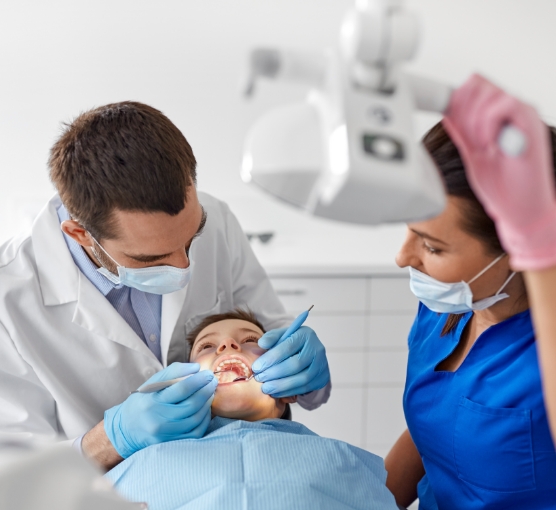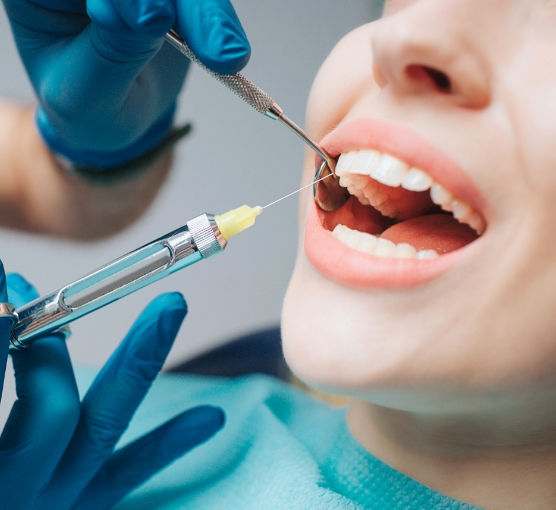From predicting heart diseases, diabetes, and premature birth to revealing leukaemia, eating disorders, and vitamin deficiencies, your teeth and gums say a mouthful about your health. Gum disease is an infection of the gum and bone around the teeth caused by the accumulation of germs and plaque and it’s the primary cause of tooth loss in adults.
How do I know I have gum disease?
The first sign is usually blood on the toothbrush or in the rinsing water after brushing. It is generally painless, but in more severe cases, the gums appear red and swollen and may feel sore.
Some patients experience minor gum swelling with pus oozing out which they attribute to ‘heatiness.’ Others experience gaps between their teeth which allow food to get stuck.
How does it affect me?
If gum disease or suspected gum disease is left untreated, it will lead to permanent damage to the gum and the underlying bone. This will result in the teeth becoming loose and eventually falling out!
It has also been shown that untreated gum disease can lead to heart disease and premature babies. It is also associated with diabetes and osteoporosis.
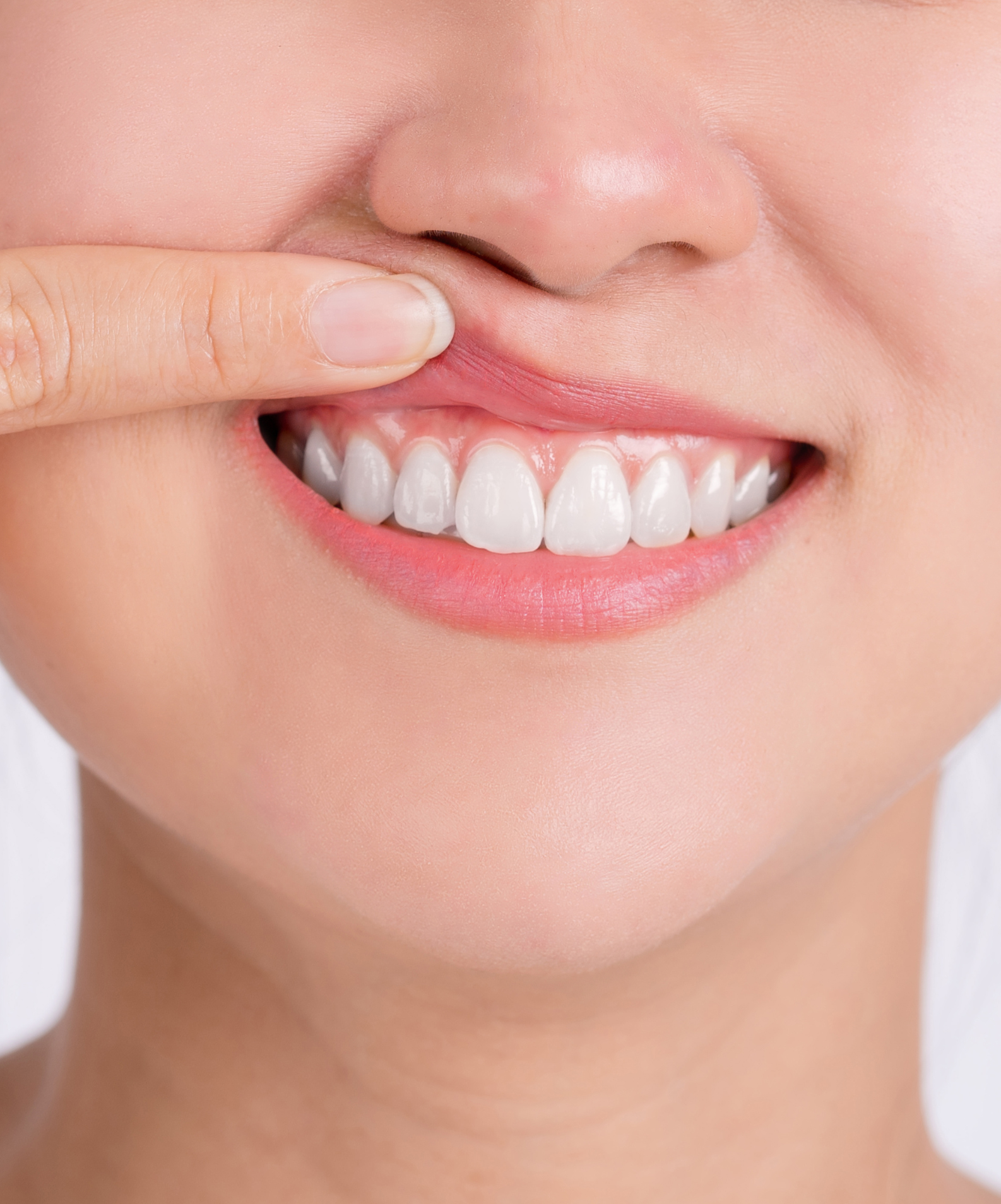

What is the connection to heart disease?
In the recent Circulation (Medical Journal) study, after comparing the oral health of 256 adult heart patients with that of 250 others with no heart disease, researchers showed that the strongest predictor of heart disease is gum disease, followed by cavities and missing teeth.
The possible connection: “It seems that bacteria often found in the mouth can appear as the same atherosclerotic plaque associated with cardiovascular disease,” – Dr. Michael P. Rethman (past president of the American Academy of Periodontology.)
Can it be treated?
If gum disease is detected at an early stage, a simple cleaning like scaling and polishing will suffice.
More severe cases will require deep cleaning and scaling below the gum margins. This is done with anaesthetic so that treatment is painless. We will also use the laser if necessary.
For severe cases of bone loss, more elaborate treatment will be required. Some patients may choose surgery so that we can rebuild the bone that has been lost.
During our comprehensive exam, we will advise about the conditions of your gum and what treatments you might need.
Feel free to talk to us if you have any concerns. Let us help you keep your teeth for life and prevent gum disease.
You May Also Like



